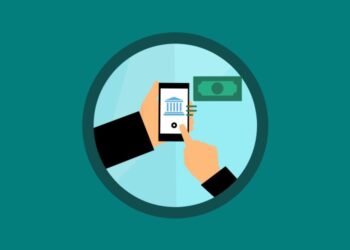When subscribing to a digital service for residential or commercial purpose, either internet, TV, or home phone, there are charges you pay. These charges range from essential charges, surcharges, penalties, to fees you are levied, when you pay the monthly bill for any of the services you have subscribed to as a single play plan, or as a double play or triple play bundle.
Here are some of the most significant charges and fees, you see on your monthly billing.
1. Acquisition fee
An acquisition fee is charged by the digital service provider to cover the expenses, usually of the administrative variety, that they incur in arranging the services for the user.
2. Activation fee
It is a one-time fee that a company charges upon the creation of a new account for any service to a new user. For example, a TV, internet, or phone service provider may charge a user an activation fee in addition to the first month’s bill.
3. Additional charges
Sometimes, digital service providers may adjust maintenance charges, extra taxes, or burden of area-related line loss charges as additional charges into your bill.
4. Early termination fee
Digital services providers may bind you in a contract for a specific period when you subscribe to their services. In case the subscriber wants to leave the contract in the mid of the period, an early termination fee is charged as an incentive for the other party and as a penalty for the user in terms of the violation of the agreement.
5. Equipment fee
It is the fee levied by the provider in case any equipment has been leased to or bought by the subscriber.
6. Installation charges
These are the one-time charges which are required to pay at the time of installation of the equipment for the service subscribed.
7. Landline charges
It is a monthly fee charged against the subscription of the home phone service.
8. Late payment fee
In case the subscriber doesn’t pay the monthly recurring payment, a late payment fee is added in the cill of the coming month.
9. Overage fee
All internet services provider doesn’t offer any data capping. In the case of the limited allowance of the data for the usage exceeds, the internet services charge a data overage fee.
10. Recovery fee
It is obsolete now. But, earlier it was an extra charged fee that usually went towards the maintenance and expansion of the network.
11. Recurring billing
A subscription allows the subscription services to charge users a service as a one-time fee or recurring payments every month, quarterly, or bi-annual. So, the charges after a pre-defined period charged to a user against a subscription of the service are called recurring billing.
12. Rental fee
It is also a type of equipment fee when the service providers issue user equipment such as DVR, modem, or Wi-Fi router on rent.
13. Sales tax
It is a tax on the sale of every digital service paid by the consumer.
14. Surcharge
These are the mandatory taxes imposed by the government such as Emergency Service, Telecommunication Relay, and Toll-Free number charges.
15. VAT
Value Added Tax (VAT) is a consumption tax placed on the digital services subscribed by the customer imposed by the government.















